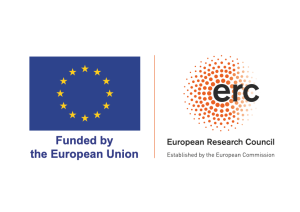
Does the international right to housing prevent people from being evicted?
The EVICT project wants to understand if it does, and how.
In Europe, 700,000 people had to leave their home involuntarily, with devastating effects on wellbeing and society.

Housing is an international human right, but states often don’t comply.

Recent crises led to an enormous number of national case law. Thousands of court judgements will be analysed using data science.

Stay tuned for more!


